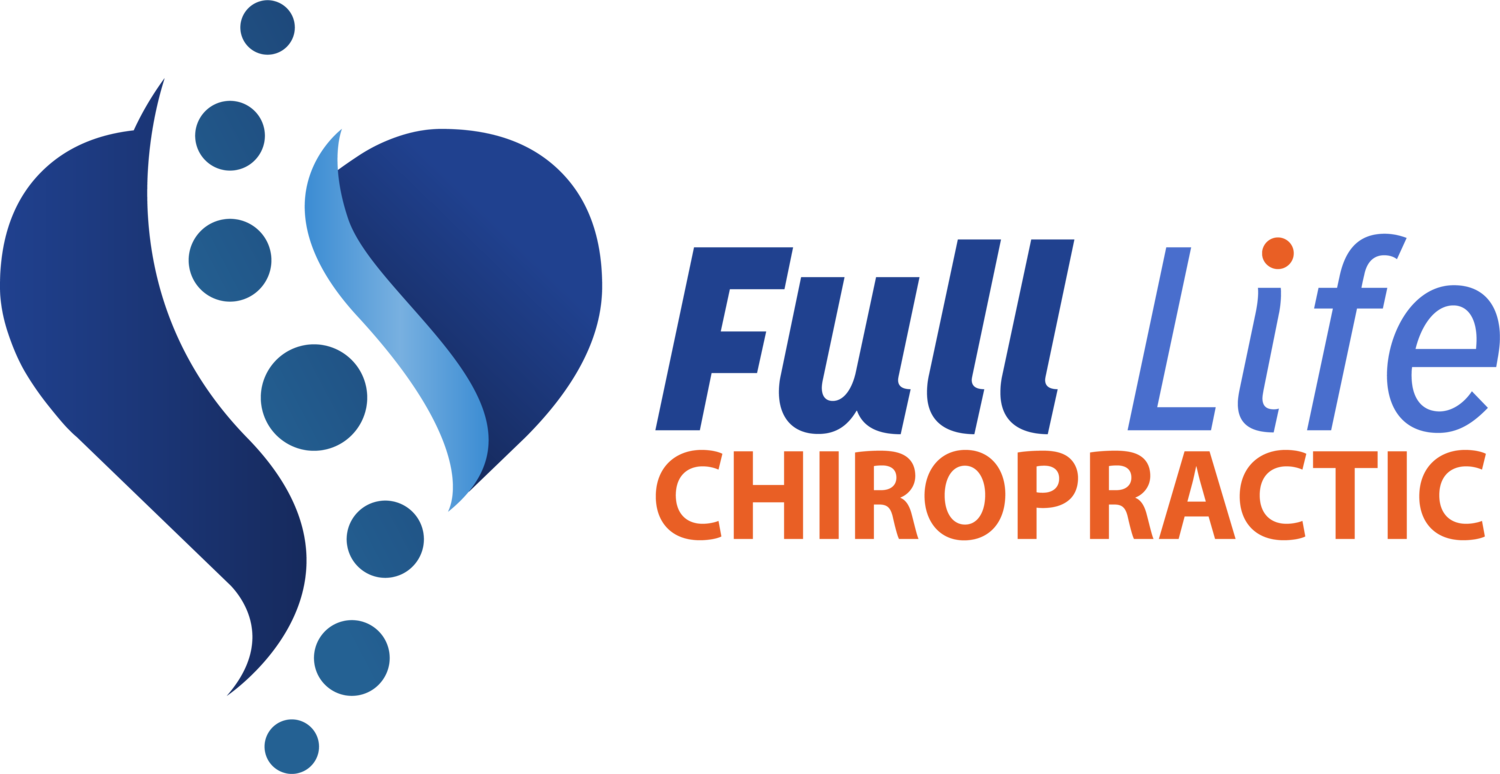SEASONAL ALLERGIES
(NaturalNews) Seasonal allergies, often called hay fever, are symptoms that occur during specific times of the year. This usually occurs at times when outdoor molds release their spores or when plants release tiny pollen particles into the air to fertilize other plants. Allergies are an indication of a malcoordinated immune system. Use natural strategies to beat seasonal allergies once and for all.
Seasonal allergies depend on what the individual is having a specific immune reaction to. In the mid-Atlantic states, tree pollination happens between February and May. Grass pollination happens in May – June and weeds from August – October. Mold spores increase between mid-summer through the fall. Stronger symptoms during one of these periods is an indication your body is struggling with that particular particle.
Malcoordinated Immunity
Allergies occur when the immune system is malcoordinated. This happens when some major bodily stressor interferes with the natural maturity and function of the immune system. Due to environmental challenges early in life, many individuals never develop a normal immune response and are prone to allergic reactions throughout their life. Others encounter some sort of an immune insult during the course of their life that throws their immune system out of control
The most common immune insults include physical trauma that damages the upper cervical spine. This form of trauma could include a slip or fall, a car accident, bad sleeping habits, or poor posture. This leads to an upper cervical (neck) subluxation that puts pressure on the brain stem. Upper cervical subluxations lead to malcoordinated immunity and allergic reactions in many individuals.
There are some great strategies a family could take to ensure that children will not develop allergies. Mom should begin by optimizing her vitamin D3 levels to 60-100 ng/ml. She should also boost her microbial friends by eating raw fruits & vegetables and fermented foods and by taking probiotic supplements. She should stabilize her omega 6 to omega 3 fatty acid ratios by eating grass-fed meats, wild-caught fish and purified fish oil supplements. She should completely avoid processed foods and foods cooked with inferior vegetable oils.
Preventing Allergies in a NewBorn
The newborn baby should be exclusively breast fed for at least the first 6 months and ideally the first 12-18 months. Mother’s milk provides valuable immunoglobulins early in life that play an enormous role in supporting the infant’s immune system as it matures. Mother’s milk is also a rich source of medium chain saturated fats such as lauric acid that help feed and strengthen immune cells. Mother’s milk provides IgA and probiotics which inoculate the baby’s gut and give it a defense against dangerous intestinal microbes that can cause damage to the gut lining.
Vaccinated children are much more susceptible to allergies. In fact, a 2010 study found that 40% of vaccinated children reported to have at least one allergy, whereas less than 10% of children who were not vaccinated reported an allergy. The same study showed that almost 11% of vaccinated children have seasonal allergies, whereas only 2.5% of non-vaccinated children have this condition.
Beating allergies includes an anti-inflammatory diet and lifestyle. This is done by rebuilding the intestinal wall with probiotics and fermented foods. De-Inflaming the body involves avoiding inflammatory foods and consuming whole foods rich in omega 3 fatty acids and anti-oxidants. Finally, optimizing vitamin D levels and drinking ample amounts of purified water is very important.
Chiropractic care to remove upper cervical subluxations and to restore proper structural and neurological function to the spine and nervous system is especially critical. This includes very specific adjustment applied to release pressure on the brain stem region and specific exercises to maintain this correction and improve postural abnormalities.
Learn more: http://www.naturalnews.com/034145_seasonal_allergies_remedies.html#ixzz31hLpJyek
